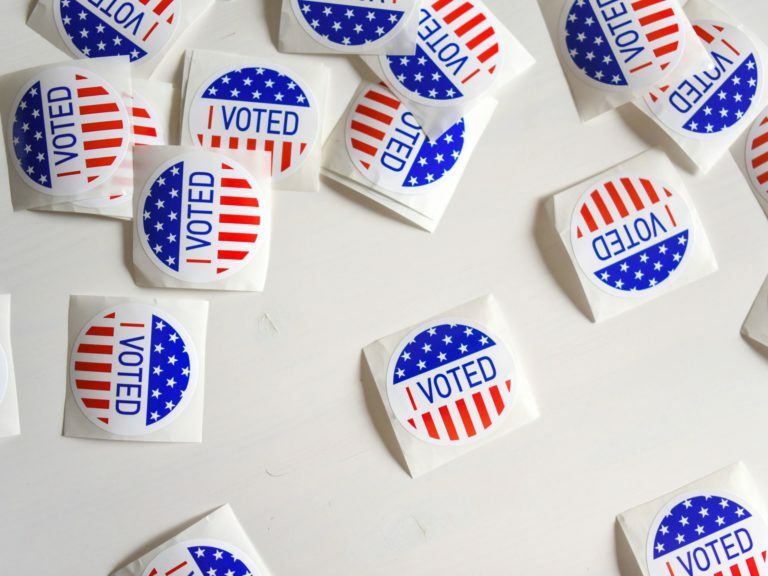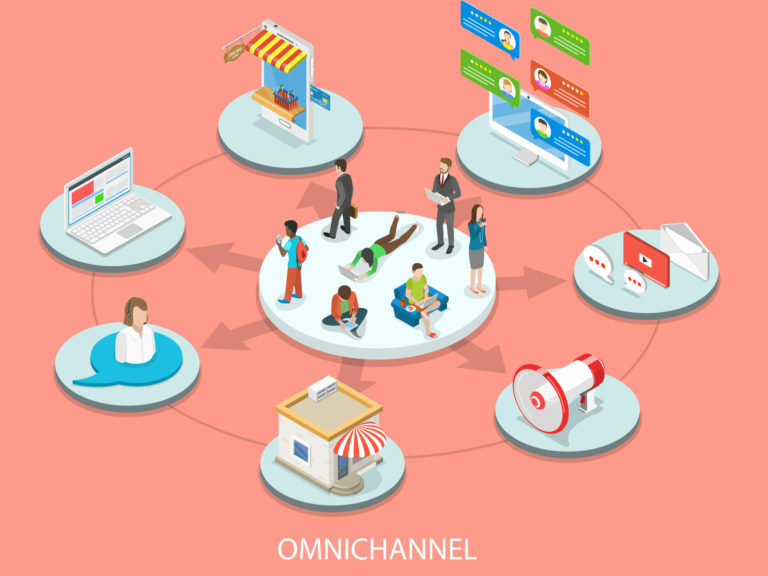The introduction of artificial intelligence to marketing has become a game-changer for brands seeking to elevate their campaigns and connect with their target audiences on a deeper level. Yet, changing landscapes require a map — many marketers remain unclear about AI’s full potential, the benefits it can offer, and how to fully utilize new technology for success.
To shed light on this topic, we sat down with Dan Baird, CEO of Wrench.ai to dive into the benefits of AI, the role of first-party marketing, hyper-personalization technology, and so much more.
This is part two of a two-part series. Read part 1: Crafting the Future: AI’s Role in Adapting to Niche Audience Needs Part 1

Dan Baird
Dan Baird is the CEO and founder of Wrench.ai, providing AI-based products for advertising, marketing, and sales organizations to unify siloed data, automate workflows, personalize content and campaigns, and empower business leaders to make data-driven decisions.
Q: How does AI technology adapt to the diverse needs niche audiences and what role does personalization play in these efforts?
AI is a broad term encompassing various technologies. For instance, you’re probably familiar with generative AI, which predicts text based on prompts or existing data. However, the real innovation lies in combining different AI types to handle complex tasks effectively. This approach, known as “multimodal AI”, streamlines data processing and decision-making, almost instantly.
With AI, businesses can spend less time on research and more time building relationships or crafting better content and campaigns. I don’t think it’s hyperbolic to say that by using AI’s capabilities, businesses can revolutionize their marketing campaigns. It’s worth noting that most businesses will end up using multiple types of AI, like machine learning, natural language processing (NLP), and other AI techniques to personalize outreach strategies and content creation. This saves time and enhances the quality of engagement with audiences. I believe that AI empowers businesses to focus on what truly matters, transforming how they operate in the future. Big businesses should know that their next big competitor may not be another big company—it could be a small one that has mastered engaging and converting audiences with AI and hyper-personalization.
Q: Is there more than one kind of AI technology that can be strategically applied in marketing campaigns?
AI is a parent term for various types of technologies. Most folks are familiar with generative AI, which predicts text based on prompts, but there’s so much more to explore. For instance, machine learning enhances decision-making, while natural language processing helps understand context in content and copy. The real breakthrough lies in combining these different AI methodologies into one—multimodal AI”.
This approach simplifies data processing so business leaders can make instant data-driven decisions. This will transform how businesses operate. Leveraging multimodal AI streamlines tasks, saving time and resources, allows employees to focus on building relationships, and ultimately enhances the overall customer experience. Here’s one thing we can all rely on—AI will continue to evolve, and business leaders don’t have to be data scientists to have a basic understanding of the various applications it can have. It’ll become essential for businesses looking to stay ahead.
Q: How do you see AI’s impact on marketing in the next year? The next five years?
Looking ahead, the impact of AI on marketing is going to evolve rapidly. In the coming year, we’ll witness a surge in personalization, with campaigns tailored to individual prospects. The novelty of generative AI will fade, shifting the focus to its effectiveness and refinement. Over the next five years, marketing will undergo a significant transformation. Every prospect will encounter bespoke campaigns, featuring dynamic content tailored to their preferences. As competition intensifies and content becomes commoditized, standing out will require deeper personalization and relevance.
While technology will help with this, success will hinge on meticulous understanding and engagement with each individual. In essence, marketing in five years will be about delivering personalized experiences at scale, reshaping the digital landscape as we know it.
Conclusion: It’s evident that the intersection of technology and creativity holds immense promise for the industry. With AI-driven solutions becoming increasingly sophisticated, marketers have a unique opportunity to enhance productivity, streamline processes, and deliver hyper-personalized experiences to their audiences.
However, success in this rapidly evolving landscape requires a proactive approach, continuous innovation, and a deep understanding of consumer behavior. As Refuel Agency, in partnership with Wrench.ai, continues to lead the charge in leveraging AI for marketing excellence, we anticipate a future where personalized engagement is not just a strategy but a standard, reshaping the marketing landscape for years to come.
Read next: AI-Powered Advertising for Niche Marketing Campaigns



